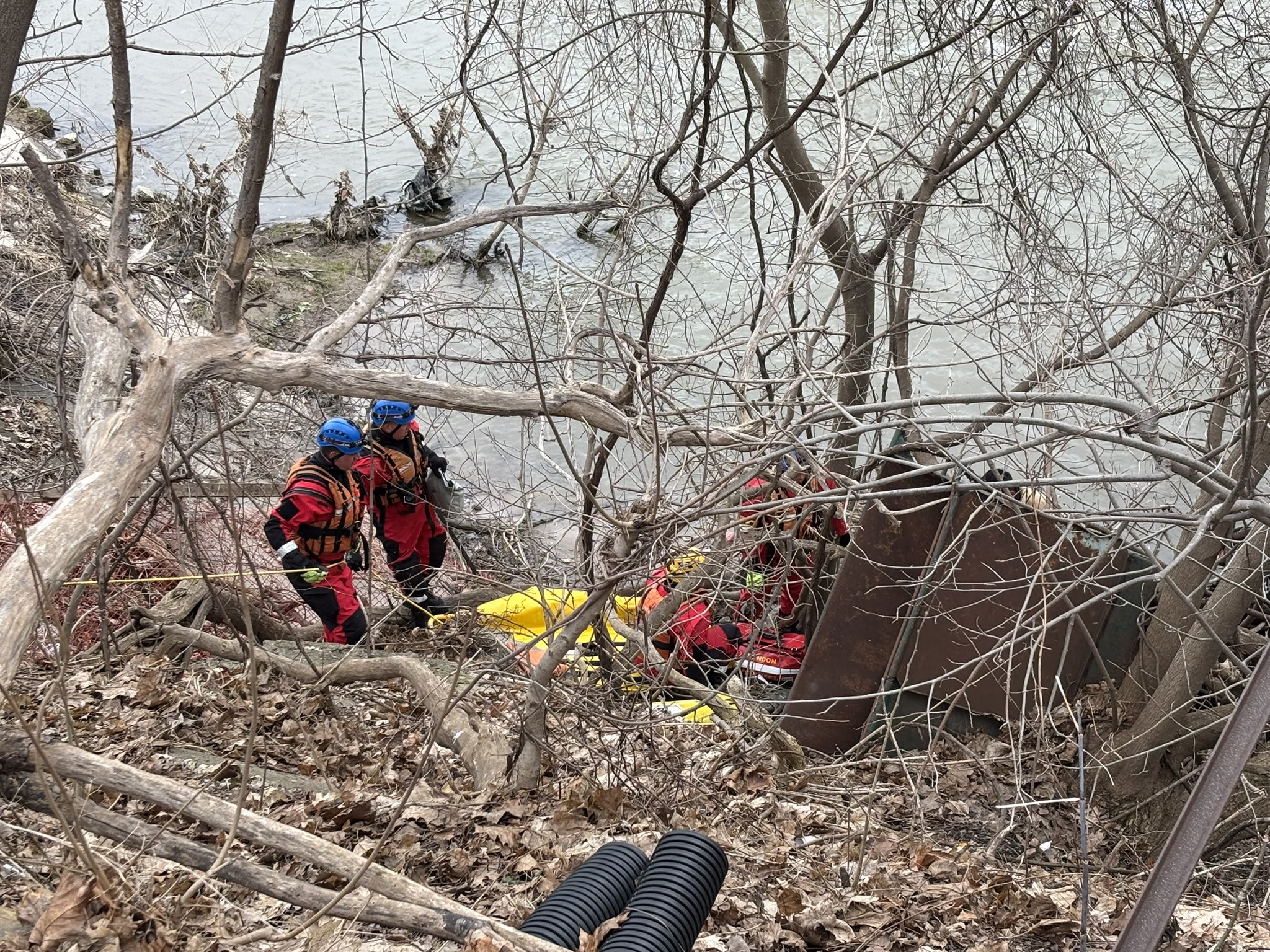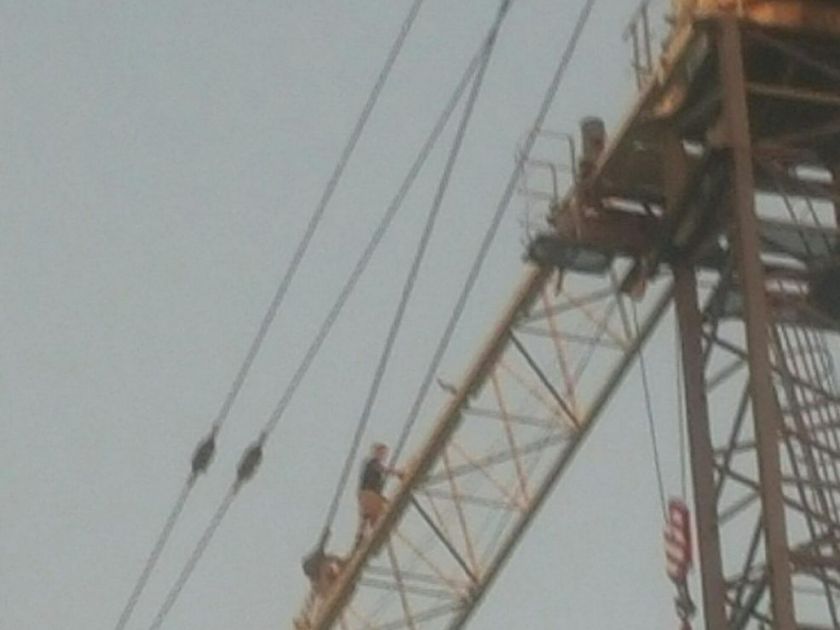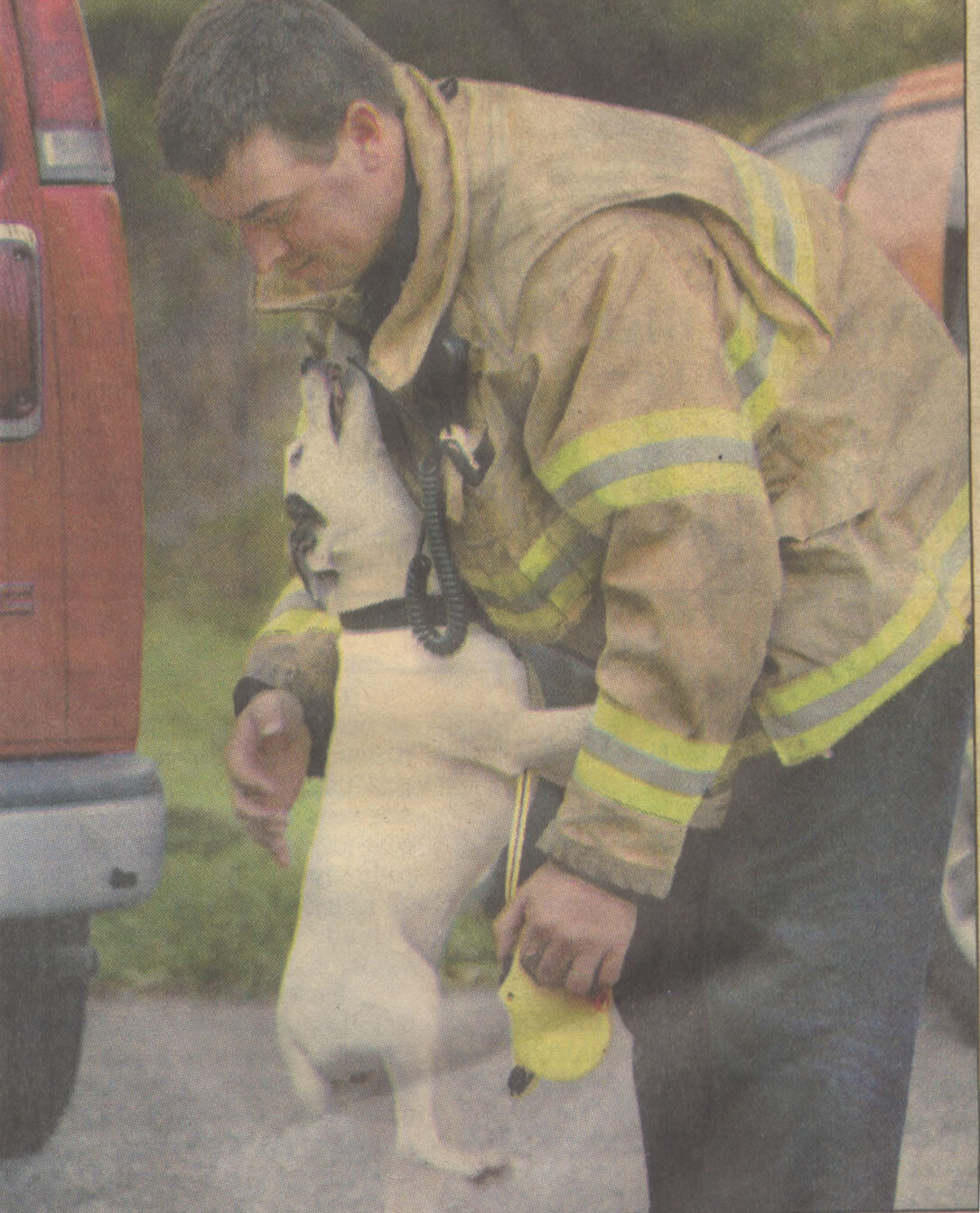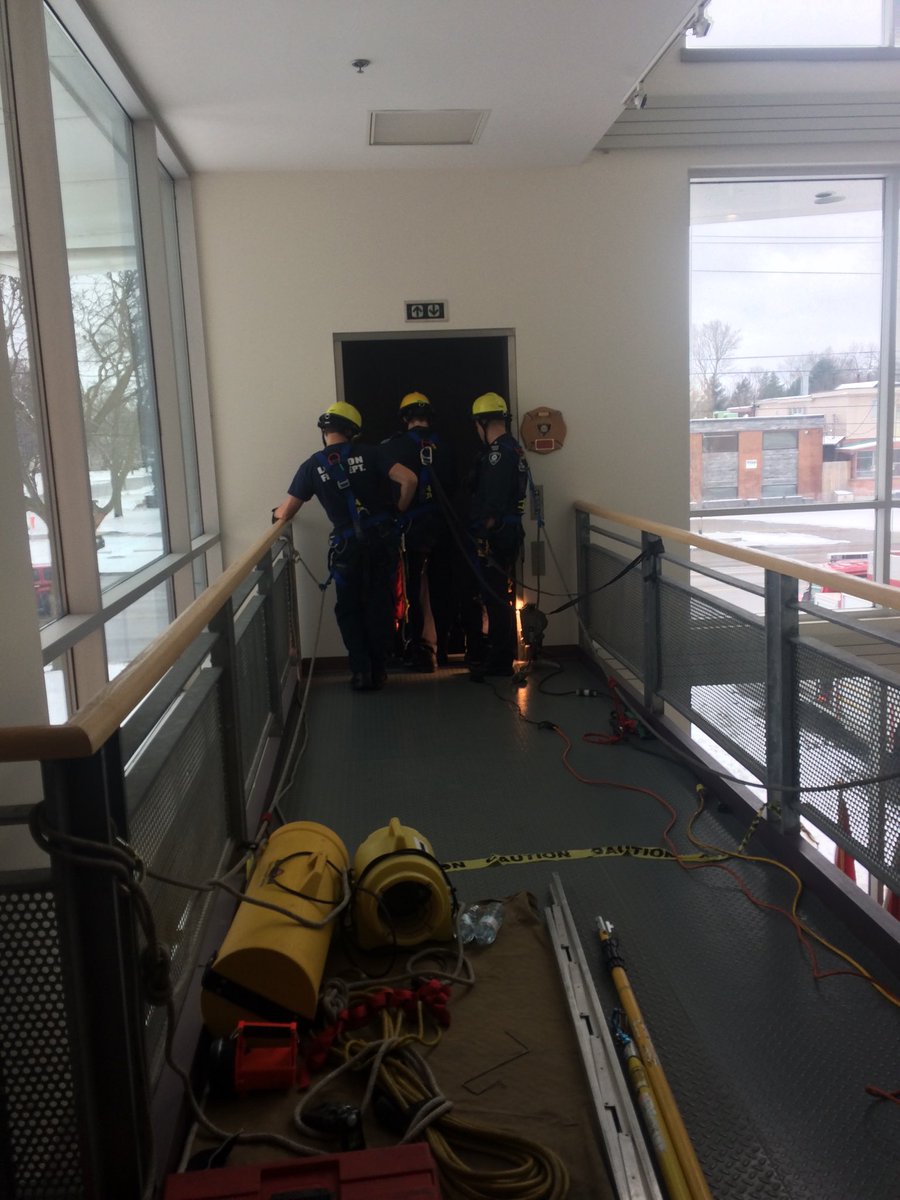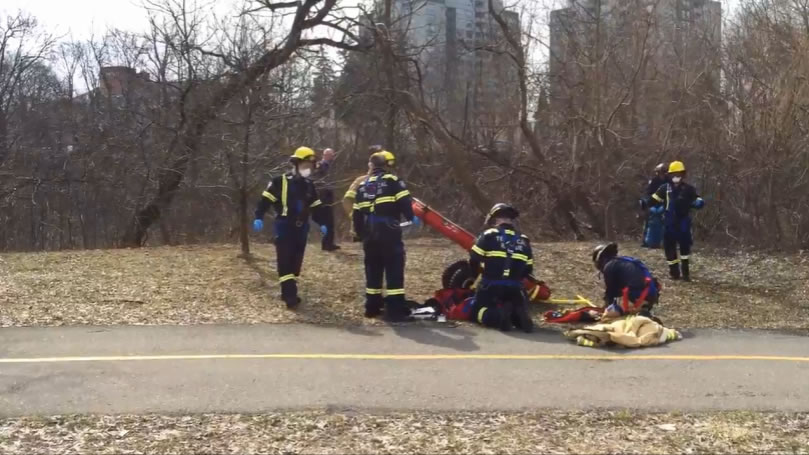By Mary Kehoe of the Free Press
A London engineering department employee and two firefighters feel lucky to be alive after a grueling ordeal in a sewage-filled storm sewer on Green Valley Road Wednesday morning.
The fire department rescue unit was notified about 9 am as sewers superintendent Henry Crichton descended about seven metres through a sewer manhole to check for sanitary sewage contamination.
Crichton, equipped with an oxygen tank with a 20-minute supply, had crawled about 61 metres through the large pipe when he ran out of air.
The line was “full of methane gas”, said Paul McPherson, who went down with fellow firefighter Richard Kitching to rescue Crichton.
McPherson said the rescuers tried crawling through the pipe but “wound up, up to our chests” in sewage. They had to remove their boots because “we were sinking in the stuff like quicksand.” Unable to reach Crichton from that end, they climbed back out and descended through the next manhole about 450 feet down the line.
This time they reached Crichton, McPherson said, and gave him some air from their own masks. After the three emerged, fellow firefighters “opened a hydrant and just turned the hoses on us to try to clean us off.”
The rescue only took about 30 minutes, McPherson said, but it was the worst one he has made in 20 years with the rescue unit. “It was the first, and I hope the last, sewer rescue we ever have to do.”
He said the three went to Victoria Hospital to be checked out for methane poisoning and, to his relief, received a clean bill of health.
But that’s about all that was clean. He said he threw out all of the clothing he had worn and even after three showers, “still can’t get away from the smell.”
Despite the discomfort, McPherson said he feels “lucky we were able to get out”, especially after several recent sewer rescue attempts elsewhere in Canada and the United States have brought death to both rescuers and the trapped victim.
Crichton later refused comment on the incident, referring questions to his boss, Jim Tyler, engineer in charge of operations.
Tyler said he is “very proud of Henry…and very pleased they came out all right.”
The department suspected the sanitary sewer contamination in the line, Tyler said, and Crichton volunteered to go down alone to spare employees from what everyone knew would be a rough job.
Although Crichton didn’t obtain any answers Wednesday, Tyler said, “I have to give him a lot of credit. He did a good job, and a dangerous one.”
The department will continue its probe, Tyler said, but the search will be done on the surface only.

